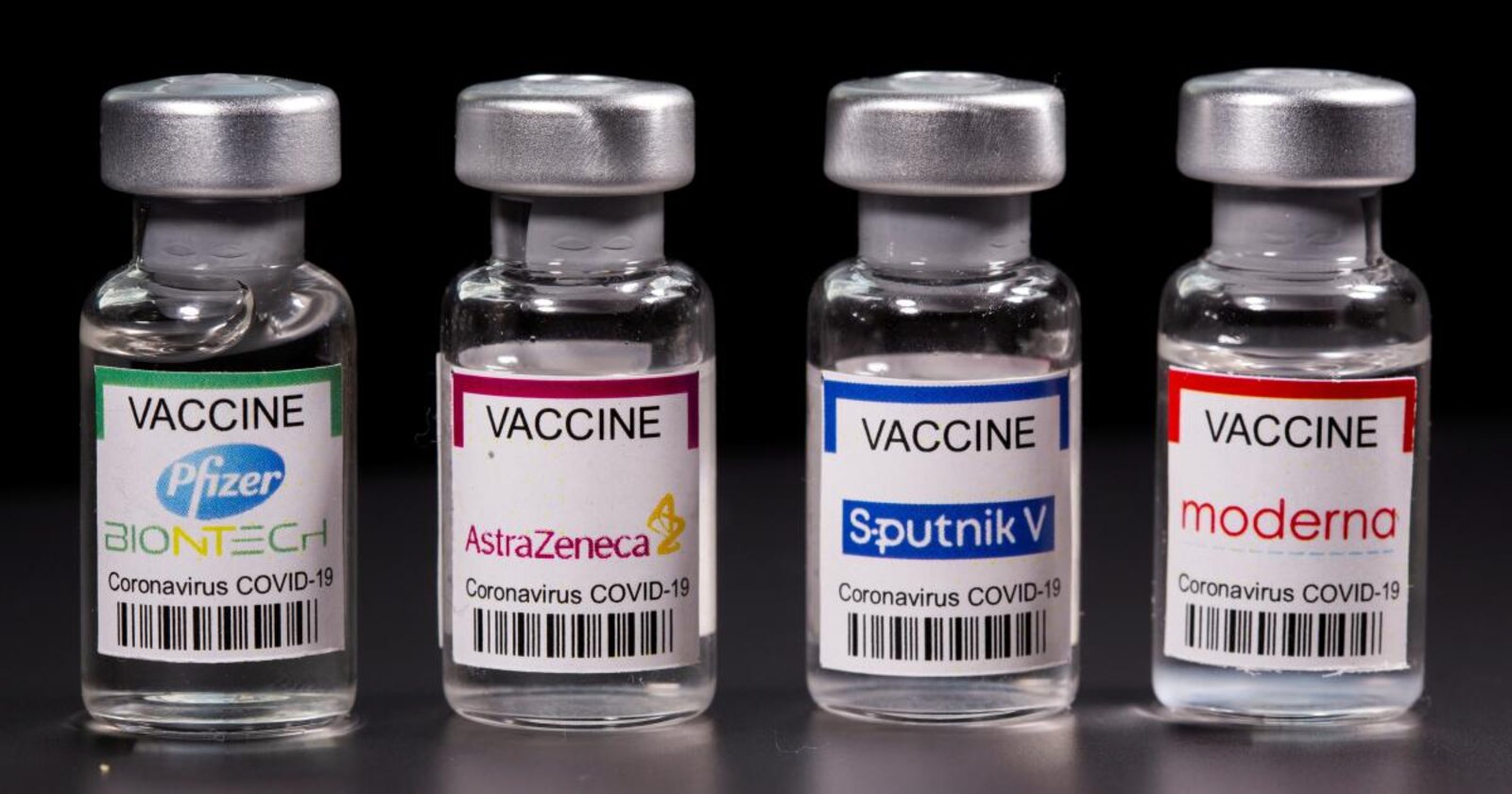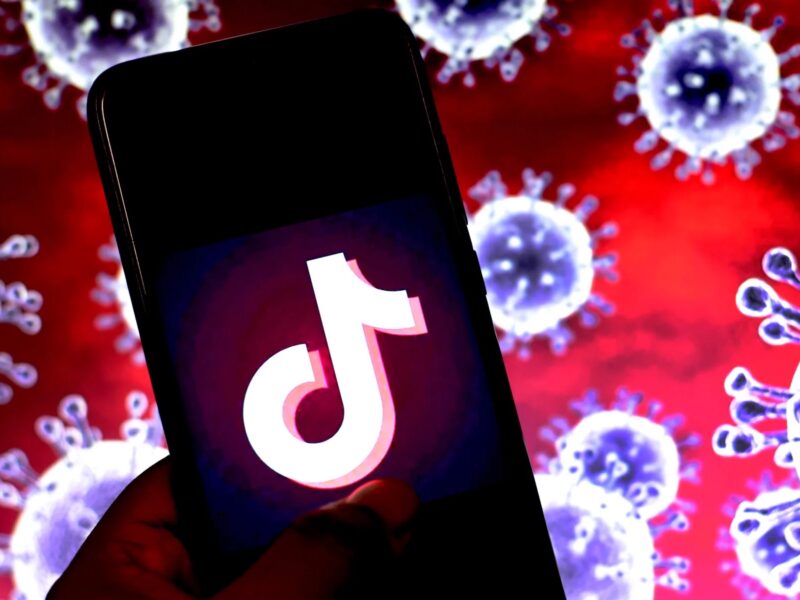
Will COVID shots and boosters be part of the CDC vaccine schedule soon?
Just when we thought that the pandemic was coming to an end, graduating to a mere time in history, another form of the virus came creeping on us. It’s sneaky and eager to go around.
According to the CDC, “In late June, our seven-day moving average of reported cases was around 12,000. On July 27, the seven-day moving average of cases reached over 60,000.” The delta variant is more infectious than the other strands, raising transmissibility even among vaccinated individuals.
Recently published data reported an increase in hospitalizations. Unsurprisingly, the unvaccinated are the greatest concern.

Granted, breakthrough infections happen much less often than infections in the unvaccinated. But people infected with the Delta Variant include the fully vaccinated. Anybody with symptomatic breakthrough infections can transmit the virus to others. The CDC continues to assess the data to find if vaccinated people with asymptomatic infections can pass the virus on.
But the greatest risk of spreading is amongst the unvaccinated people who are much more likely to contract the virus and thus transmit. And studies show more and more people are getting vaccinated. But will COVID shots be added to the CDC vaccine schedule soon? Let’s find out!

The FDA
The Food and Drug Administration (FDA) has just authorized the administration of an additional dose of one of the messenger RNA COVID-19 for vaccines. This particular shot is for people having certain immunocompromising conditions. There’s growing evidence that such individuals do not get the sufficient protection from the normal two-dose regimen of the Moderna and Pfizer-BioNTech vaccines.
The decision is a change to the emergency authorization under which the mRNA vaccines are already being used.
Acting FDA Commissioner Janet Woodcock explained: “Today’s action allows doctors to boost immunity in certain immunocompromised individuals who need extra protection from Covid-19.” She added, “. . . individuals who are fully vaccinated are adequately protected and do not need an additional dose of COVID-19 vaccine at this time.”

Vaccines
When it comes to the topic of vaccines, (and to summarize the previous paragraphs) they lower our chances of contracting the virus. The less likely we are to get it, the lower are chances of spreading it.
Vaccines have stopped numerous disease cases and disabilities, and saved lives. Polio was responsible for about 50,000 cases each year in the United States. It was one of the most dreaded childhood diseases of the twentieth century. But thanks to successful vaccination programs around the world, Polio is practically eradicated, erased from our world.
According to The Global Value of Vaccination having studies published in the National Library of Medicine, “Vaccination, along with sanitation and clean drinking water, are public health interventions that are undeniably responsible for improved health outcomes globally. It is estimated that vaccines have prevented six-million deaths annually.”

CDC vaccine schedule
Just last week, the World Health Organization (WHO) called for a delay on giving additional doses of the vaccine to people who are fully vaccinated. They want to speed up vaccination to people in lower-income countries where a few doses haven’t been available. But government officials make exceptions for immunodeficient people.
They want everybody to have access to the vaccines just like any other, so what impact will this bring to the CDC vaccine schedule?
The FDA green-lit several COVID-19 vaccines for use in the United States under the Emergency Use Authorization. Thoroughly knowing their role in the fight against the pandemic, it seems that it’s only a matter of time before it will be officially added to the immunizations schedule.
一
How long do you think it’ll take for the COVID shots to join the CDC vaccine schedule? Tell us what you think!







